Teen Dramas Now vs. Then
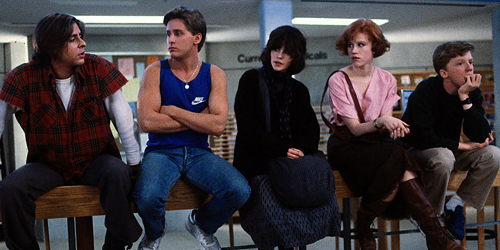
May 15, 2019
The Coming of Age genre, including classic movies like The Breakfast Club and Ferris Bueller’s Day Off, has shaped what it means to be a teenager in the eyes of the media for generations. Increasingly, media targeting young adults set guidelines for what is normal and expected. But since the time of The Breakfast Club, the themes seen in the Coming of Age genre have changed.
In recent years, shows and movies like Love, Simon, 13 Reasons Why, Paper Towns, and To All the Boys I’ve Loved Before have broached topics like LGBTQ+ rights, mental illness, social media, and cyberbullying. Whether this change is the cause or the effect of shifts in teen-culture isn’t clear. It could be a mixture of both, where social media and activism have brought issues to light, and shows/movies geared towards young adults have tried to reflect their target audience’s interests. Then, the new Netflix series that mentions anxiety, for example, would increase the relevancy of the issue because Netflix is an influential source of entertainment– a chicken and egg phenomenon. But is the shift to more controversial themes in the Coming-of-Age genre a good thing? Does it spark conversation and offer more representation of minority groups in the media, or does it glorify and trivialize important issues that need to be approached sensitively?
Mr. Cruz, an Upper School history teacher with a bachelors in Media Studies, said, “I think that art and media reflect the time that the movie was created in. Those films tell us a lot about what it was like to grow up in America at that time, where there was a default? The cisgender, white, male,” he said. “I think that what we’re seeing now, in terms of representation, is hugely important because it’s allowing for people of all shapes and sizes and colors and backgrounds and orientations to find a story they can identify with without making any leaps. It’s not glorification if it’s your identity.”
He mentions that people remember the 80s in a misleadingly positive light, and that although the classics are entertaining, they are far from perfect. This can be seen even in crowd favorites, like The Breakfast Club’s misogynistic perspective on relationships, and Ferris Bueller’s destructive and irresponsible tendencies. “Ferris Bueller is not healthy. He’s not a good guy,” Cruz said. “It’s glorification to make that sort of behavior ‘awesome’. But we aren’t glorifying being gay.”
Maya Gray, a sophomore, shares Cruz’s opinion on diversity in the media. “I think it is crucial to have a diverse cast to represent every experience and show that every person is entitled to their emotions,” she said, “and I do think the shift to more serious topics is crucial.”
However, she believes that the Day-in-the-Life storyline is unfortunately losing popularity. “To genuinely capture the emotions of mental health and triggering themes such as suicide, the movie needs to focus more on that day in the life aspects,” she said. “I do not want to discount the magnitude of this issue and that some people do have huge experiences that should be seen, but the subtle anxiety-ridden kid in school for the day is seldom represented, and that needs to change.” She’s looking for a relatable, realistic plot that spotlights the experiences of teenagers that aren’t being represented in the media accurately.
Ivy Schenk, a sophomore, said, “One thing that I think we’ve been able to accomplish the last couple of years is being able to have important discussions about mental health.” Like the Upper School Gathering about mental health weeks ago, the media could be a tool to demystify issues that can be difficult to talk about. “Especially with the rise of social media, people are becoming more open. My belief is that now that we are seeing these types of things in movies, it’s giving people who are in similar situations someone to relate to.” She acknowledges that “while some shows may abuse this power and use these topics as a plot point, there are other situations where they can do a lot of good.”
It seems that representation is overall a positive thing in the eyes of the Latin community, as long as it’s done well. Being one of the main outlets of coming-of-age media, the power companies like Netflix have over social media and, therefore, teenagers is undeniable. It’s their responsibility to be mindful about the content they create, making sure it’s empowering people instead of degrading.






























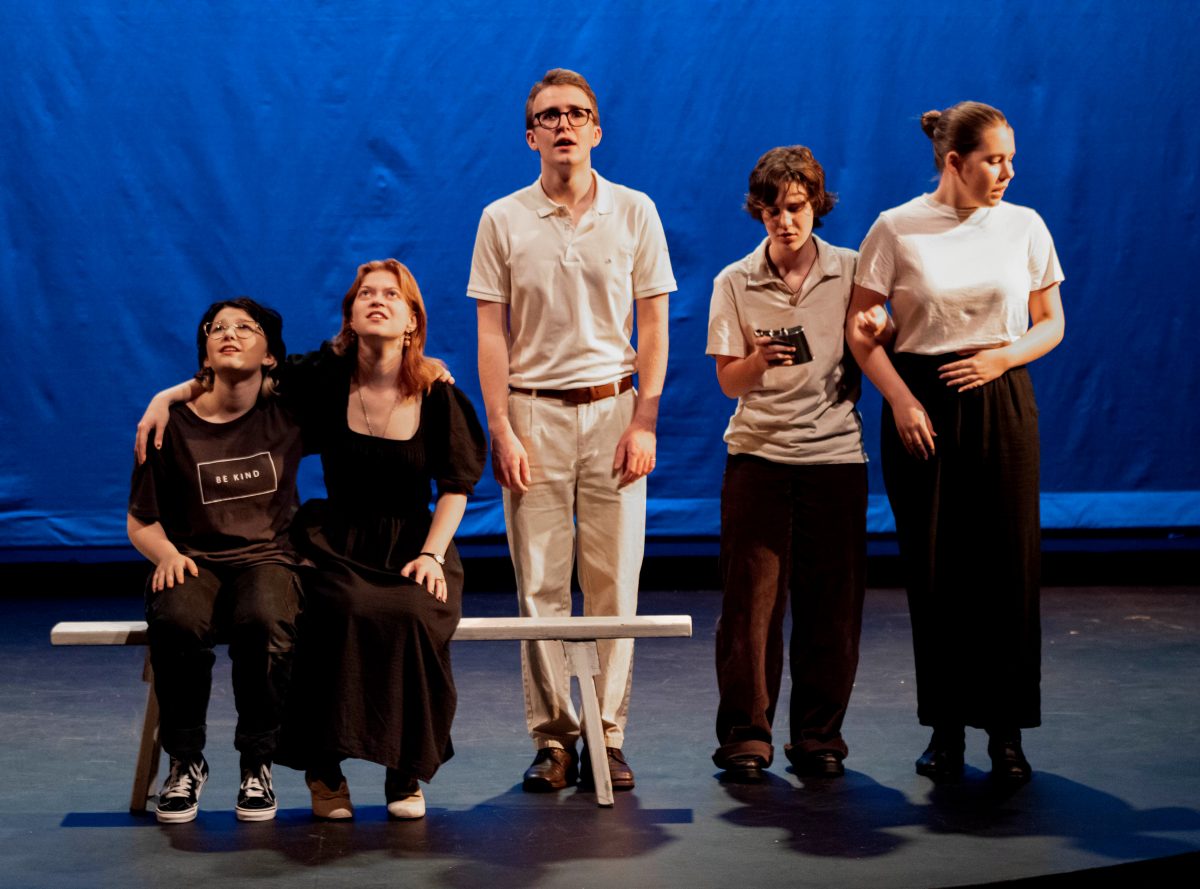





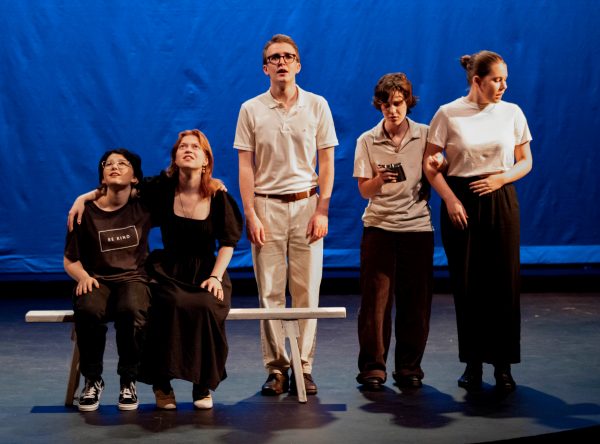
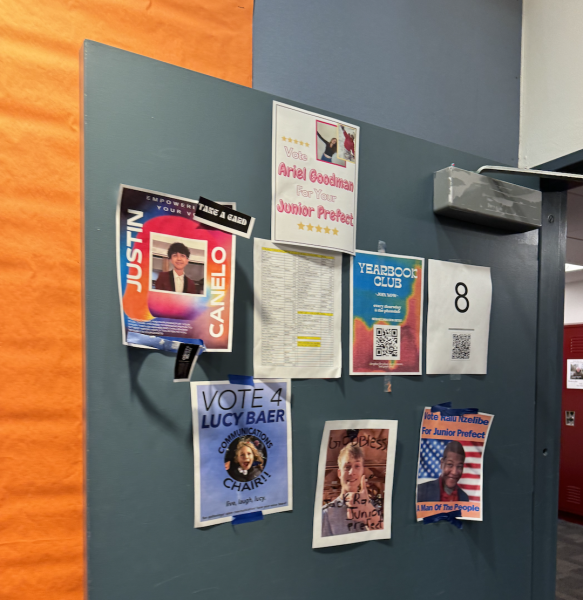


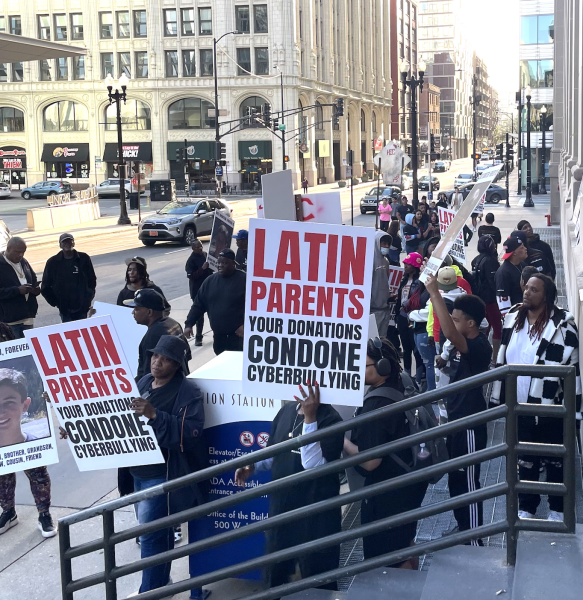
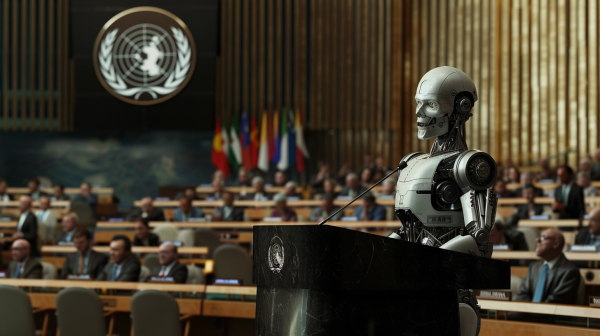

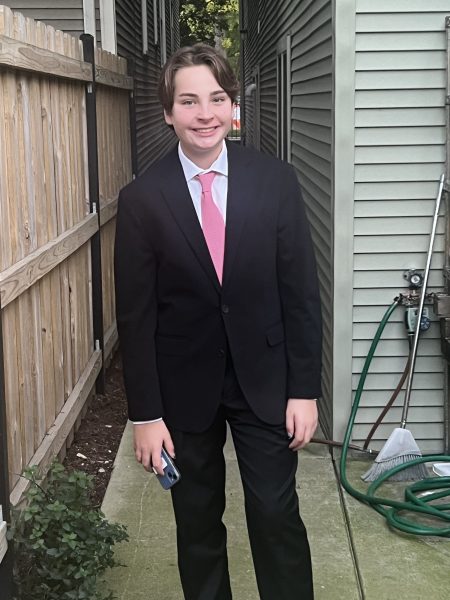
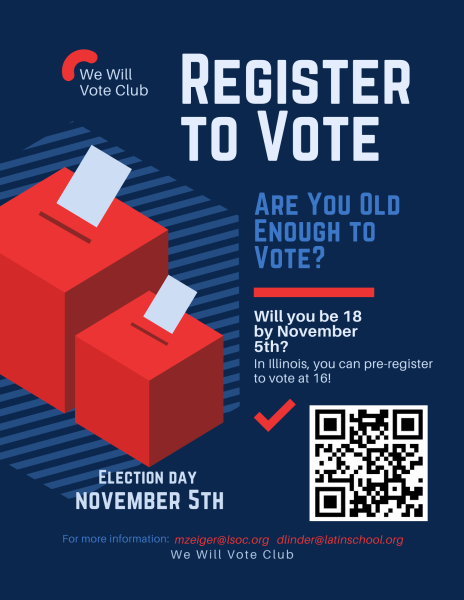






Robert!! :) • May 16, 2019 at 5:52 am
Amazing article, Angela!!! It is interesting to think about the effect coming-of-age movies have on kids that are actually coming of age and vice versa. I’m really happy to see how much the media has improved in terms of representation. But as you said, it has to be done right. 🙂 🙂